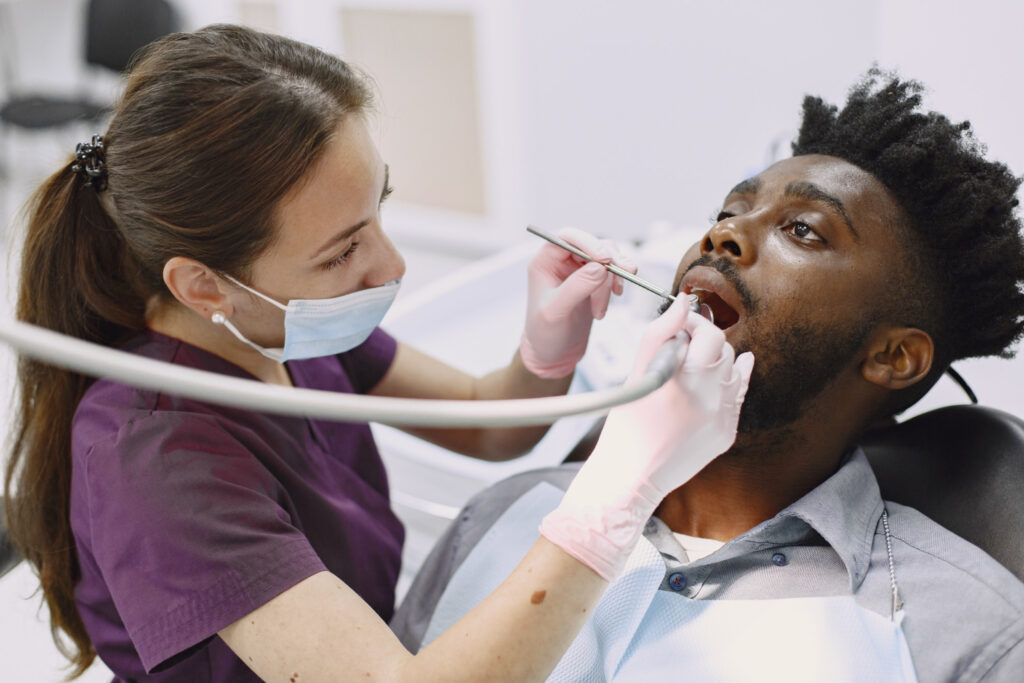Oral Surgery: Definition & Types
Oral surgery is a surgical procedure performed in the oral cavity. The oral cavity includes the teeth, mucous membranes, and accessory tissue. This surgery is performed to fix or remove pathological anatomical anomalies. It is the dental specialty that manages conditions in and around the mouth requiring surgery.
Operations are usually carried out at the dental clinic and normally involve minor surgery, so only a local anesthetic is needed. However, given the patient’s condition, oral surgery is sometimes performed in the operating room under a general anesthetic. Cases may require extensive surgery.
Types of oral surgery
One of the most common types of oral surgery is wisdom tooth extraction. It is recommended if there is considerable pain. Surgery to extract wisdom teeth is also recommended if there is an infection, a cyst, or insufficient space in the jaw to house all of the teeth.
Other oral surgical interventions include:
- – Complex dental extractions
- – Removal of jaw cysts
- – Biopsies for cysts, oral mucosal disease, labial gland disease, or any malignancies to aid diagnoses
- – Extraction of tooth roots from inside the bone
- – Prosthetic implants
- – Tongue-tie release surgery or lingual frenectomy is indicated for children who have limited mobility of the lips and tongue. This is because the membrane that connects the tongue to the floor of the mouth is too large.
Additionally, they are responsible for managing benign salivary gland disease by removing salivary stones or cysts. If you are having dental implants, you may not have enough jaw bone to successfully place the new implants. If this is the case, an oral surgeon can work with your dentist or implantologist to carry out bone augmentation to aid the placement of the implant fixtures.
When might I need to see an oral surgeon?
There is a range of reasons why you may need to see an oral surgeon. These include needing to extract teeth and manage associated complications. Or to manage oral infections which could be related to the teeth. Further, you may have impacted teeth (e.g. wisdom teeth) which need to be removed or you might require surgery to facilitate orthodontic treatment (braces).
Oral surgeons also treat:
- – Oral mucosal disease
- – Oro-facial pain (e.g. temporomandibular disorder and dentoalveolar trauma)
Special care needed after oral surgery
You must take any medication as indicated and follow the instructions given at the clinic concerning diet and the use of compresses. This is especially important for the first two hours: use cold compresses, never ice, and be careful with what you eat – soft foods of ambient temperature are best. Following these instructions will help ensure a positive outcome from the surgery.

